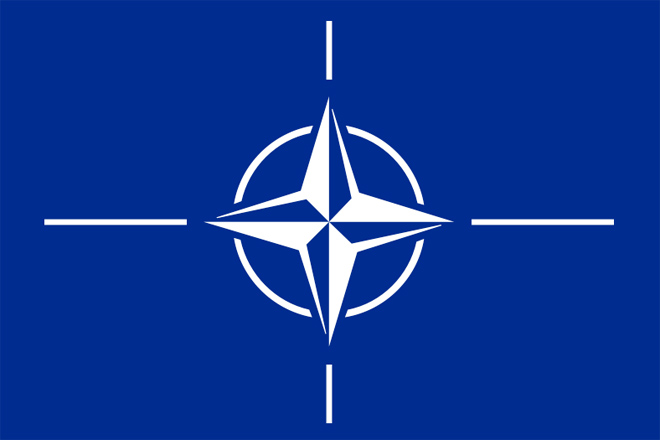NATO defence ministers on Wednesday pledged to carry out airstrikes in Libya "as long as necessary" and called for additional resources as the mission approaches the 10-week mark, dpa reported.
"We have the necessary assets available for continuing our operation," NATO Secretary General Anders Fogh Rasmussen Rasmussen said after a meeting with alliance defence ministers.
"Having said that, I have also encouraged other allies to broaden the support for our operation. That's about sustainability."
Before the meeting, Rasmussen said he would press countries that have shied away from joining the fight in Libya - such as Germany and Poland - and those that are providing limited support - such as Spain and Turkey - to reverse their positions.
According to diplomats, some countries said "they would look into" stepping up their contributions. In the joint statement they issued, the ministers only said they would "welcome additional contributions to our common efforts."
"We ... are determined to continue our operation to protect the Libyan people for as long as necessary," they added.
Fourteen of 28 NATO members are taking part in the "Unified Protector" operation. But only nine countries - NATO members Britain, France, Italy, Canada, Belgium, Denmark, Norway and the United States, plus the United Arab Emirates - have agreed to conduct air raids.
France and Britain, which have recently committed combat helicopters, and Italy, which joined the bombing campaign in April, are experiencing a "certain fatigue" and would like others to join the fray, diplomat had warned ahead of the meeting.
"I absolutely understand that there is a certain strain in these countries - not least because of the length of the operation - and a hope that the operation will soon end," Germany's secretary of state for defence, Christian Schmidt, said as he arrived for the gathering.
At the same time, he said Germany would stick with its position of not participating in the Libya mission.
US President Barack Obama had indicated during a meeting with German Chancellor Angela Merkel on Tuesday that he expected her country to play a more prominent role in Libya once the conflict is over.
In the meantime, the countries who are participating in the military operation are dedicated to meeting its objectives, Spanish Defence Minister Carme Chacon said.
"Until we reach them, we're going to be there," she noted.
She was quick to add, however, that the military intervention is not the ultimate answer to Libya's crisis.
"The solution for Libya will be political, it will be diplomatic," she said.
Rasmussen stressed that NATO does not intend to have a "leading role" in Libya once leader Moamer Gaddafi is gone, but rather envisions organizations such as the United Nations taking the lead. He said defence ministers agreed to start planning for the post-Gaddafi era.
"We must be prepared for when it is over ... Gaddafi is history. It's no longer a question of if he goes, but when he goes. It may take weeks, but it could happen tomorrow," he said. "The ministers agreed that we will keep up the pressure for as long as it takes."
The meeting came hours after NATO stepped up its airstrikes on Tripoli, which remains under Gaddafi's control.
Most of NATO's hits on Tuesday were in the capital, with five command and control facilities bombed in the capital and another one in its vicinity, according to the latest operational update.
Gaddafi's compound appeared to be the target, according to local media and witness reports. NATO has in the past defended attacks on the compound, arguing that it constitutes a command and control facility from which Gaddafi sends orders to his troops.
A vehicle storage facility, two anti-aircraft guns and an air surveillance radar were also struck in the city, NATO said.
Later Wednesday, the ministers were expected to tackle the difficult subject of streamlining NATO's structure. Allies have agreed that headquarters locations should be cut and permanent staff slashed. The ministers now have to decide where the axe should fall.






